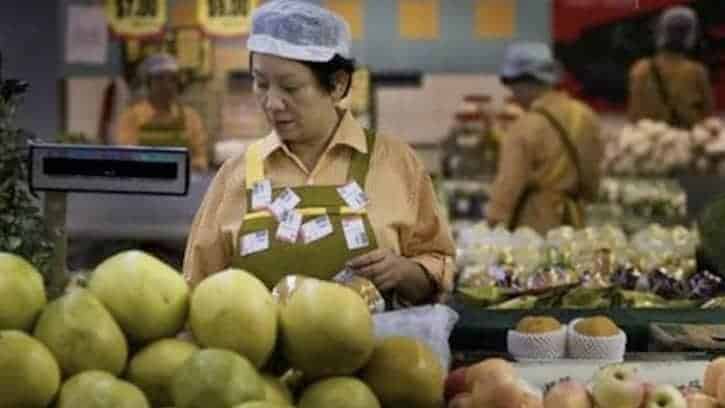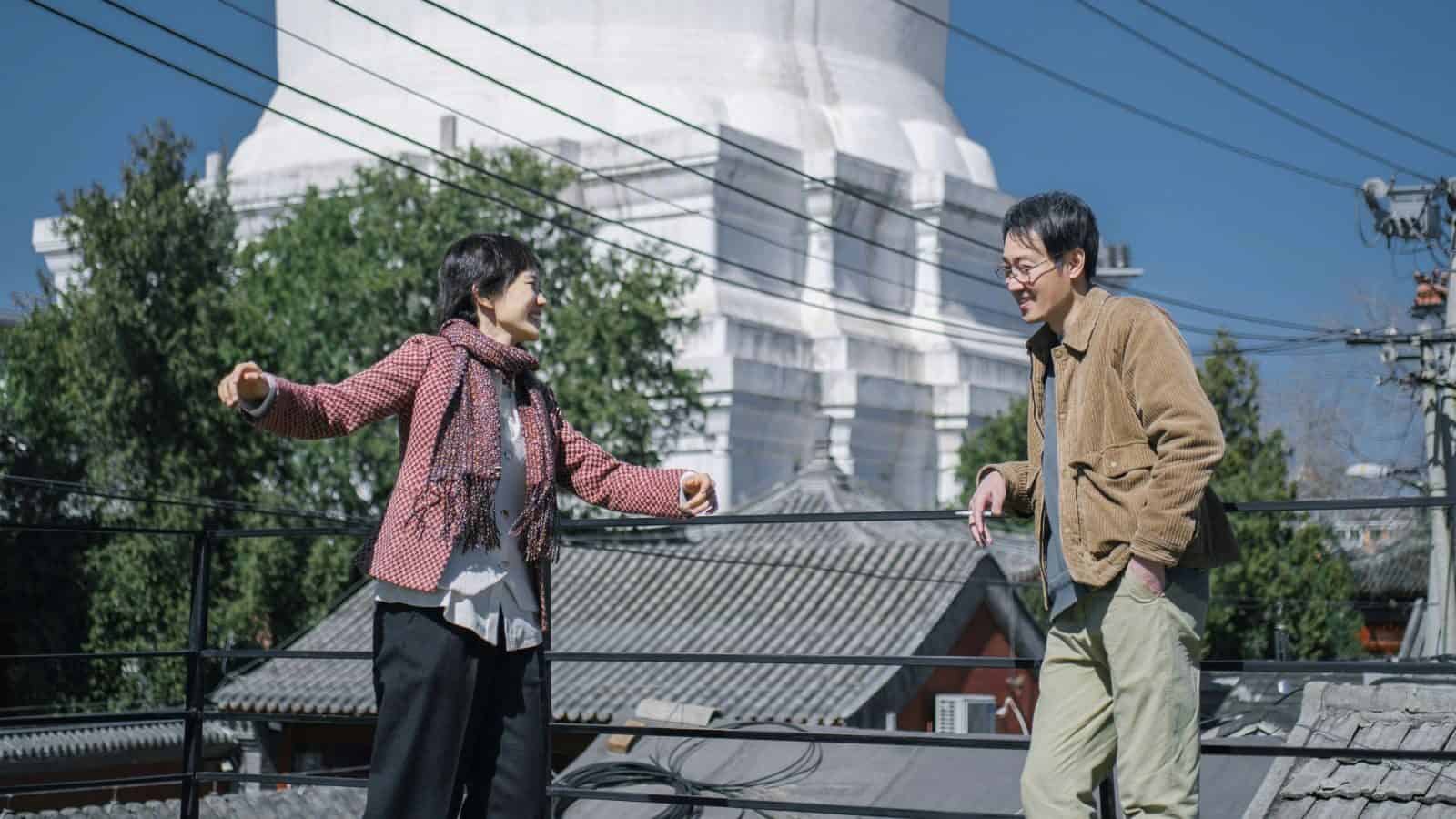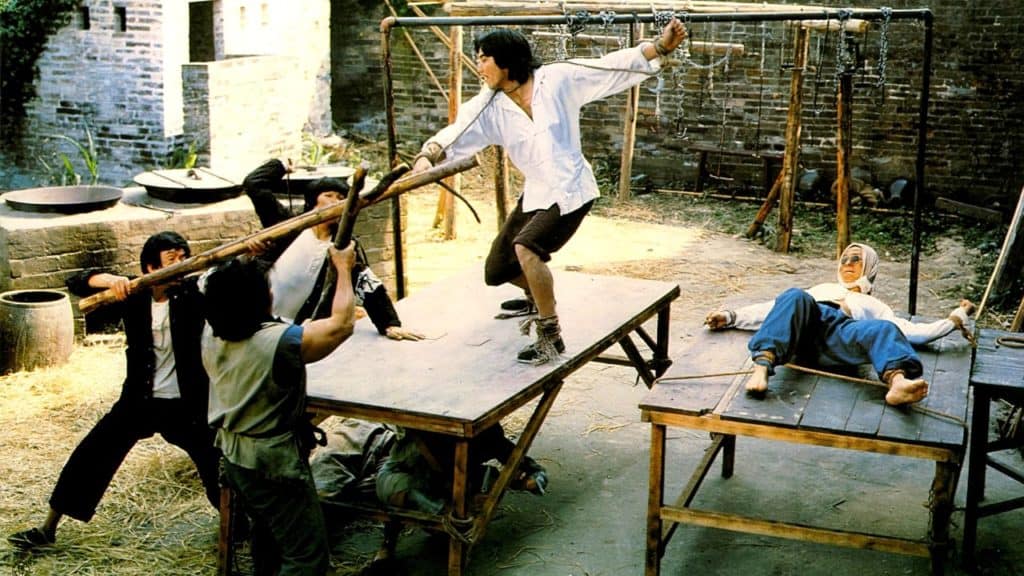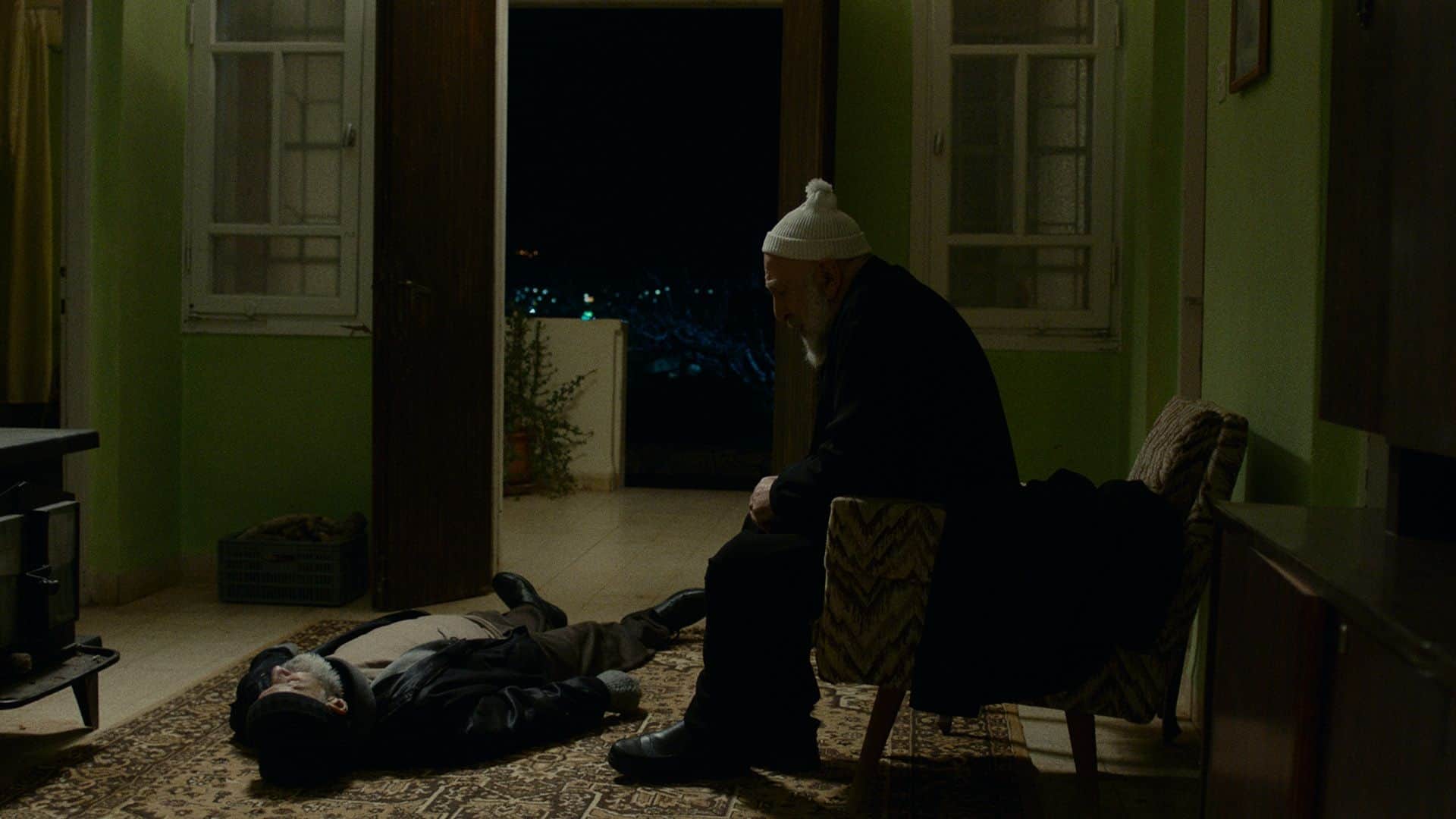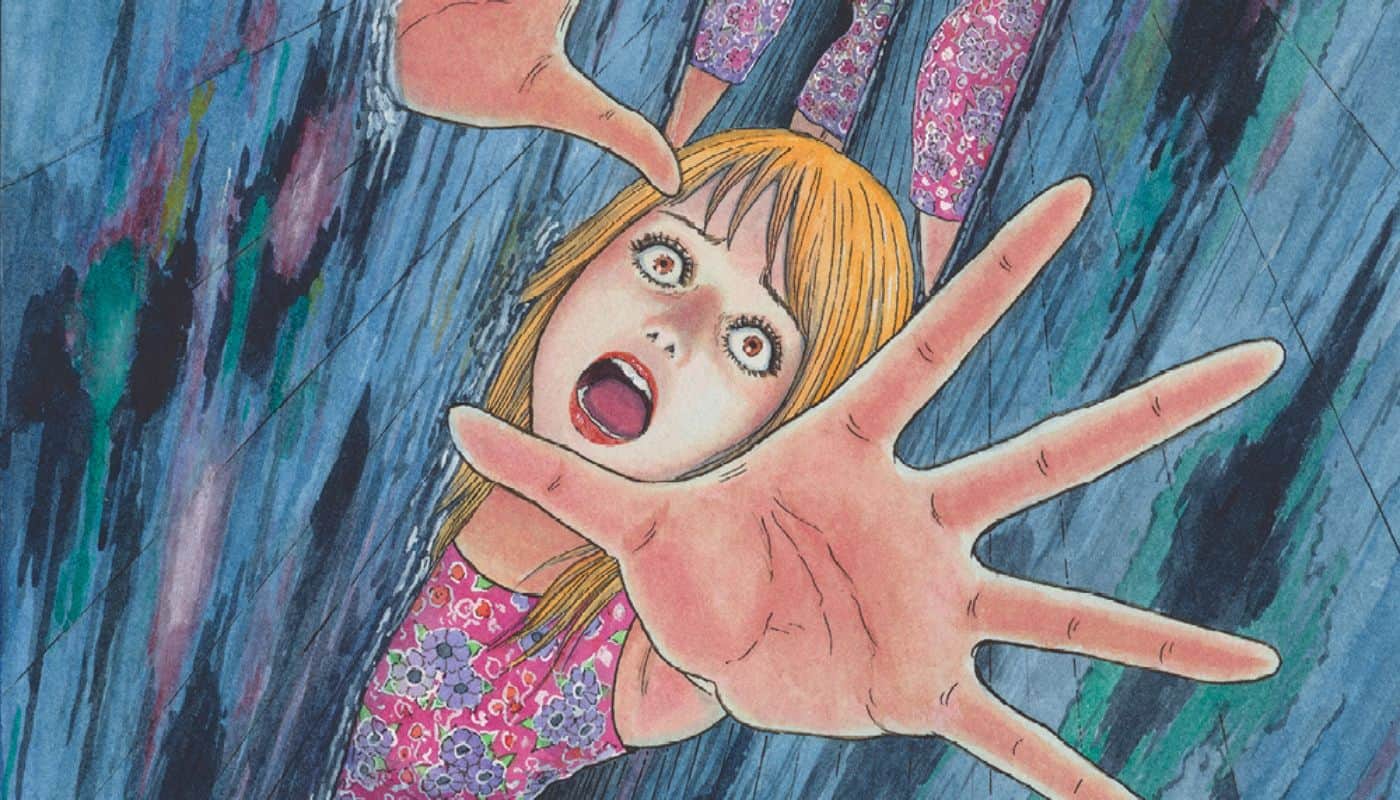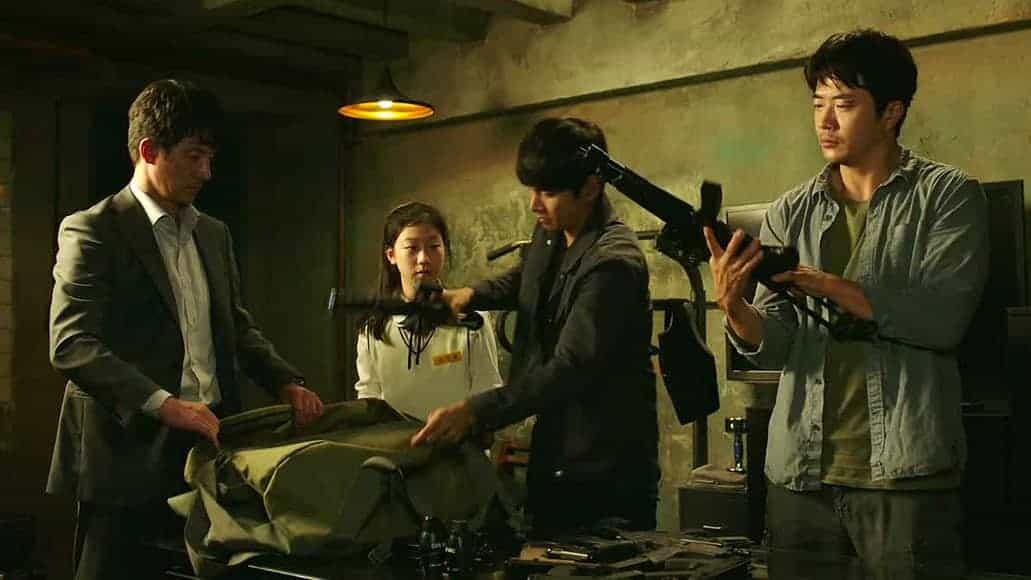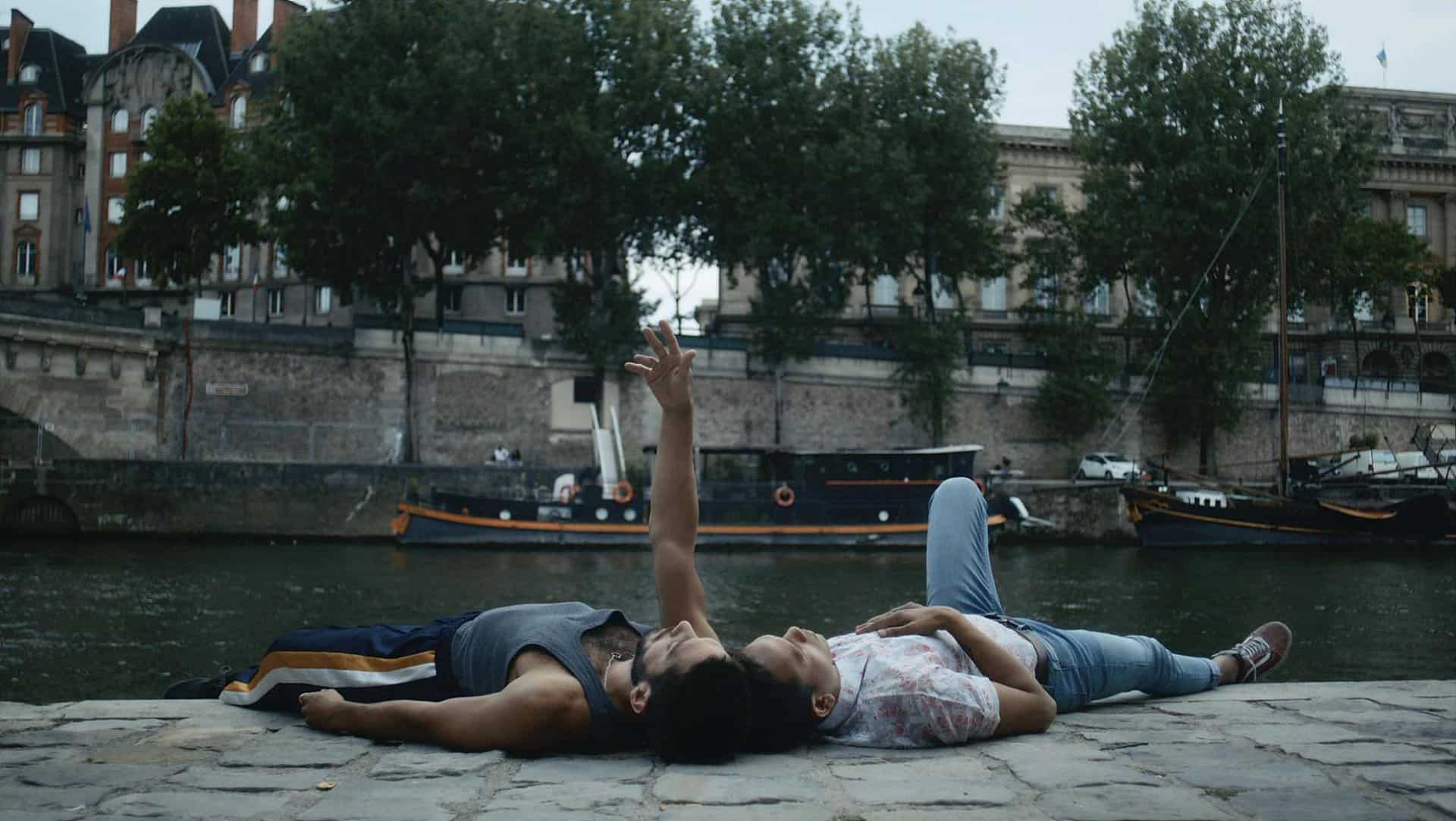In a style very close to the one of documentaries, Ann Hui takes a look at life in Tin Shui Wai, an area in the New Territories which was built in the 80s for the poorest Hong Kong inhabitants, and soon became a ghetto, filled with stories of crime, violence and tragedy in general. The tabloids picked up quickly and the area was frequently present in the news, which referred to it as “city of sadness”, focusing on all the “sad” events that took place there. Hui, on the other hand, chooses to show a more “normal” side of the area.
“The Way We Are” screened at Five Flavours
Cheung is a middle-aged widow, who works in a supermarket in order to support herself and her son Ka-on, who is spending his time doing nothing, just expecting the results of his exams. Cheung soon befriends Ms Kwai, an older woman who is also hired to the supermarket, and tries to help her any way she can, occasionally involving her son in the process. Ms Kwai's daughter has died, and her grandson is living with her son-in-law and his new wife. When she decides to pay them a visit, Cheung comes along, but things do not go the way Ms Kwai expected. At the same time, Cheung's mother is hospitalized, and Ka-on visits her frequently.
Hui presents another take on the “city of sadness”, which, although filled with sad stories, is also the place of good people, willing to help each other, kindness, and a strong resolve towards leaving their troubles behind and enjoying what they have, despite how little it is. In that fashion, Hui induces the film with a sense of optimism, which is presented by a number of events, but mainly through Cheung's character, who remains cheerful throughout the film's duration. The way she deals with her son's idleness, the fact that she does not show any jealousy towards her relatives, who were supported during their education days by her and are now rich, in contrary to her who has been always poor, and particularly the way she jumps into helping Ms Kwai are the most distinct aspects of the aforementioned tendency.
A lot of people compare “The Way We Are” with Ozu's work, for the focus in humanity, and particularly the sequence with the trip, where, as in “Tokyo Story”, the hopes of the older generation are crashed by the reality of the new one, whose members perceive the former as a nuisance. The scene is one of the strongest in the movie, and is actually very similar to the themes entailed in Ozu's masterpiece.
Hui focuses on realism as much as possible, with every aspect of the movie, and particularly the cinematography and the acting moving towards that direction. Charlie Lam's HD camera follows his subjects very closely, entering their houses and every place they are in, in a fashion very similar to that of documentaries, with no effort on beautification, whatsoever. Pai Hei-ching plays Kwai in the most natural way, almost as if she is not acting, in a truly impressive performance that netted her the Best Actress Award at the 28th Hong Kong Film Awards, with the same applying to Chan Lai-wan, as Ms Kwai, who won that for Best Supporting Actress. Leung chun-lung plays the adolescent Ka-on in a style that highlights his character's uncertainty of who he is and what he wants, quite convincingly, although the focus is evidently on the women's side.
“The Way We Are” is an ode to realism, which highlights an unknown aspect of both Hong Kong and Tin Shui Wai and that is where its biggest value lie, as it focuses on people whose lives would be presented, very rarely, to any kind of audience.


